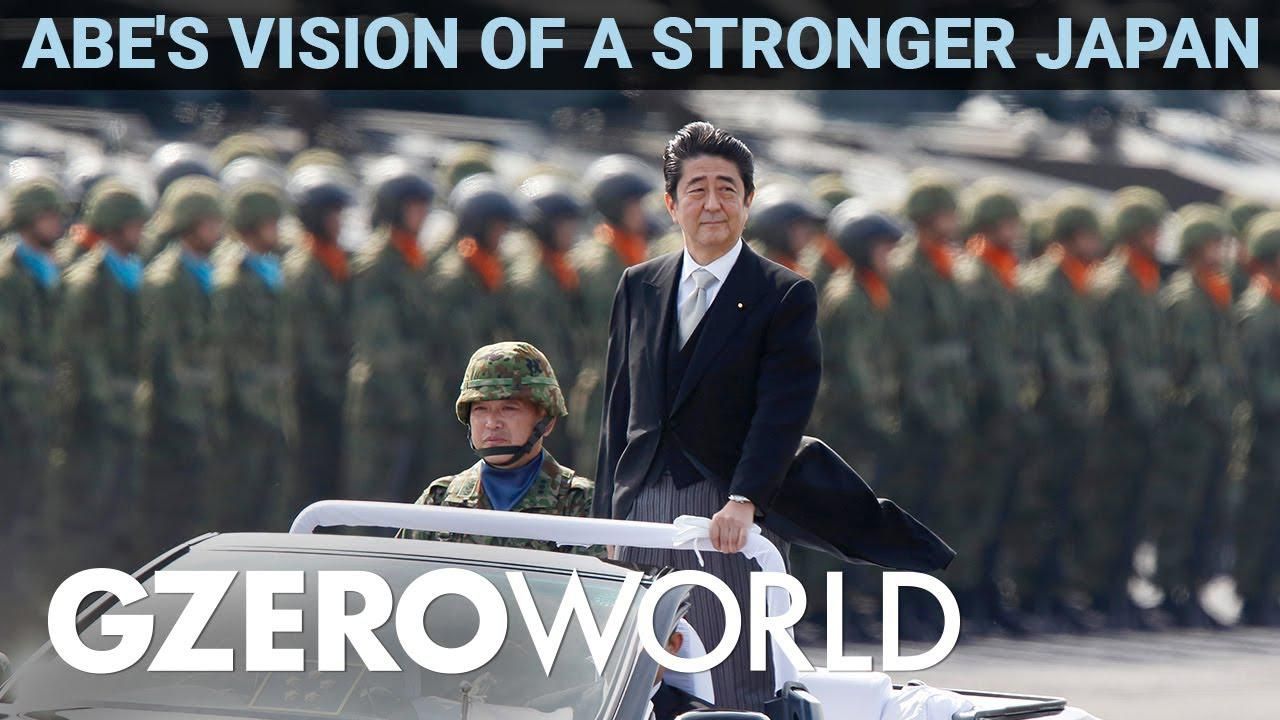GZERO World Clips
Shinzo Abe’s goal of militarization & PM Kishida’s “golden opportunity” to reform Japan

Will His Successor Carry Out Shinzo Abe’s Legacy? | GZERO Media

Japan's Prime Minister Fumio Kishida has vowed to continue where his ex-boss, the late Shinzo Abe, left off. And he just got the parliamentary majority he needs to get big things done — including, perhaps, tweaking the constitution like Abe long dreamed of.
"Kishida now [has a] golden opportunity," Tomohiko Taniguchi, Abe's former adviser and close friend, tells Ian Bremmer on GZERO World.
But it won't be easy, and constitutional change is not the only big agenda item. In fact, Taniguchi would rather Kishida prioritize re-writing Japan's social contract to spending less on the elderly and more on young Japanese. Still, he believes changing the constitution is long overdue, and the PM has now been endowed with enough political capital to "tackle these issues head-on."
Watch the GZERO World episode: Assassinated! Japan’s grief & how Shinzo Abe’s goals will shape Asia
In this Quick Take, Ian Bremmer addresses the killing of Alex Pretti at a protest in Minneapolis, calling it “a tipping point” in America’s increasingly volatile politics.
Who decides the boundaries for artificial intelligence, and how do governments ensure public trust? Speaking at the 2026 World Economic Forum in Davos, Arancha González Laya, Dean of the Paris School of International Affairs and former Foreign Minister of Spain, emphasized the importance of clear regulations to maintain trust in technology.
Will AI change the balance of power in the world? At the 2026 World Economic Forum in Davos, Ian Bremmer addresses how artificial intelligence could redefine global politics, human behavior, and societal stability.
Ian Bremmer sits down with Finland’s President Alexander Stubb and the IMF’s Kristalina Georgieva on the sidelines of the World Economic Forum to discuss President Trump’s Greenland threats, the state of the global economy, and the future of the transatlantic relationship.